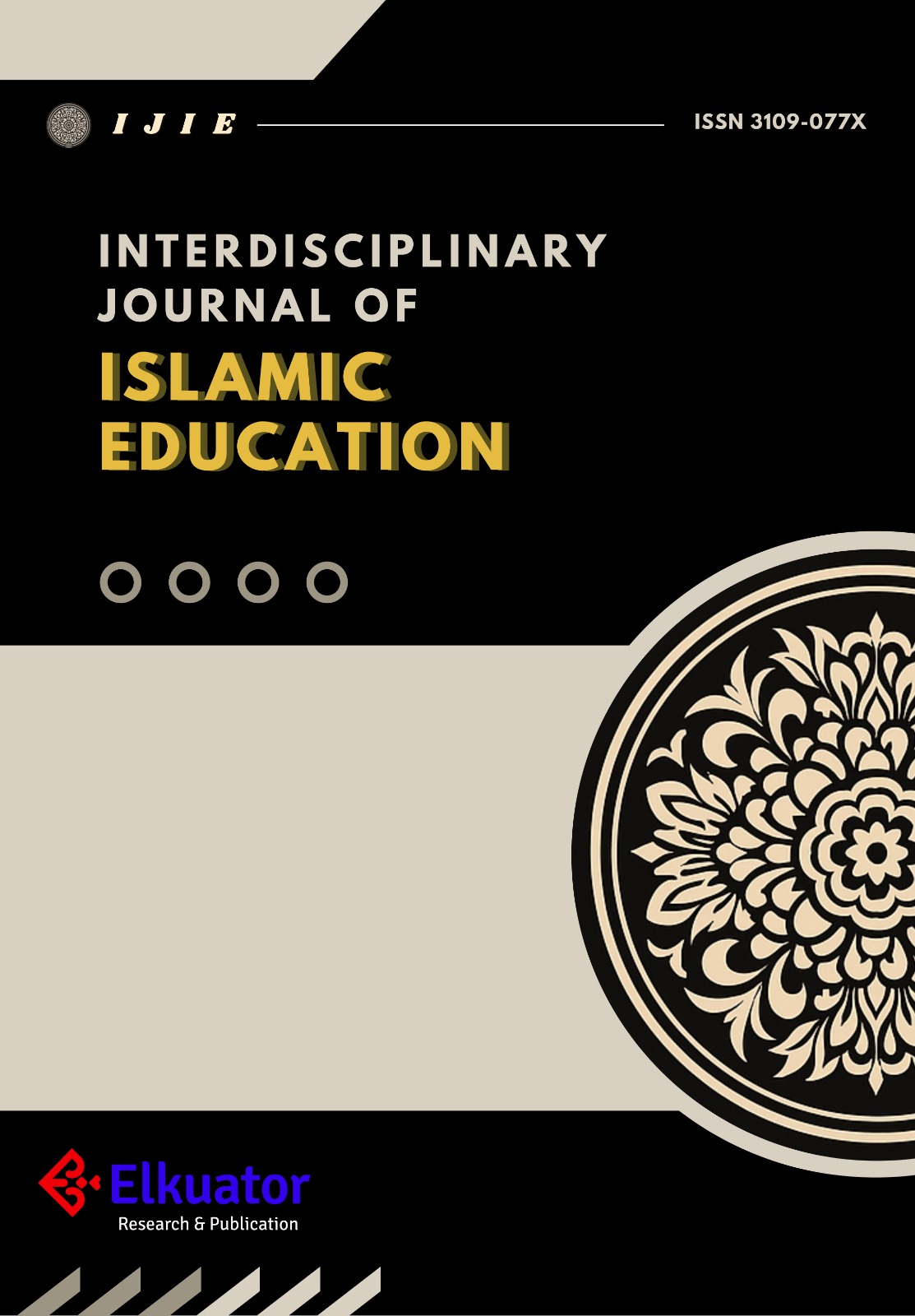- ADDITIONAL MENU
- Aim and Scope
- Author Guidelines
- Reviewer Guidelines
- Peer Review Process
- Publication Ethics and
Malpractice Statement - Retraction, Withdrawal,
and Correction Policies - Plagiarism Policy
- Copyright and Licensing
- Publication Frequency
- Publication Fee
- Open Access Policy
- Archiving
- Revenue Sources, Advertising,
and Marketing - Generative AI Policies
AUTHOR GUIDELINES
General Author Guidelines
Articles submitted for publication must adhere to the following guidelines:
- Articles should be original, unpublished, and not under review for possible publication in other journals.
- Articles submitted should be based on research, whether library, fieldwork, or other types of research.
- All articles will be published in English. However, authors may submit manuscripts in either English or Indonesian.
- Articles should be approximately 6,000–12,000 words (including references and bibliographies). Please use Lora font type 11 with 1.15 spacing on A4 paper, and set margins to 3 cm on all sides.
- All submissions must be in OpenOffice, Microsoft Word, RTF, or WordPerfect document file format. Other formats, such as LaTeX files or PDFs, will not be accepted.
- Articles should include the following sections: 1) title in English and Indonesian; 2) author/s names (without titles), affiliations, and email addresses; 3) abstract in English and Indonesian; 4) keywords in English; 5) introduction; 6) discussion; 7) conclusion; and 8) bibliography.
- Articles should include the full name of the author(s), a university or professional institution, and a contactable email address.
- All submissions must include a 150–250-word abstract.
- Tables or diagrams should be sequentially numbered, with the table or diagram title and number placed above them. Tables should be centered in the column or on the page, with elements single-spaced and headings in bold.
- Figures should be included in the electronic version of the manuscript in either JPG or PNG format.
- Foreign language words or phrases should be italicized, while Arabic-Latin transliteration should follow the Indonesian Journal of Sharia and Socio-Legal Studies style.
- Articles should include a bibliography consisting of primary sources, such as books, manuscripts, interviews, or observations, and updated secondary sources from books or peer-reviewed journals.
- The bibliographical references must be included in the footnotes and the bibliographies, following the guidelines of the Chicago Manual of Style 17th edition (note and bibliography). The bibliographies must be arranged in alphabetical order.
Here are examples of footnote style:
- Muhammad Latif Fauzi, Aligning Religious Law and State Law: Negotiating Legal Muslim Marriage in Pasuruan, East Java, (Boston: Brill, 2023), 7.
- Bernard Adeney-Risakotta, “Traditional, Islamic and National Law in the Experience of Indonesian Muslim Women,” in Narratives of Muslim Womanhood and Women’s Agency (United Kingdom: Routledge, 2018), 82–97.
- Fauzi, Aligning Religious Law and State Law, 9.
- Wahbah Al-Zuḥailī, Al-Fiqh al-Islamī wa Adillatuhu, vol. 8, 5 (Damsyik: Dār Al-Fikr, 1985), 125.
- Abdulmajeed Hassan Bello, “The Punishment for Adultery in Islamic Law and Its Application in Nigeria,” Journal of Islamic Law and Culture 13, no. 2–3 (October 2011): 166–82.
- Muhammad Lutfi Hakim and Khoiruddin Nasution, “Accommodating Non-Muslim Rights: Legal Arguments and Legal Principles in the Islamic Jurisprudence of the Indonesian Supreme Court in the Post-New Order Era,” Oxford Journal of Law and Religion 11, no. 2–3 (July 25, 2023): 288–313.
- Bello, “The Punishment for Adultery in Islamic Law and Its Application in Nigeria,” 167.
- “Marriage Law No. 1 of 1974,” Article 1.
- “Indonesian Constitutional Court Decision No. 30-74/PUU-XII/2014.”
- Sri Sangdatun, Judge of the Wonosari Religious Court, October 27, 2022.
Here are examples of bibliographies:
- Adeney-Risakotta, Bernard. “Traditional, Islamic and National Law in the Experience of Indonesian Muslim Women.” In Narratives of Muslim Womanhood and Women’s Agency, 82–97. United Kingdom: Routledge, 2018.
- Al-Zuḥailī, Wahbah. Al-Fiqh al-Islamī wa Adillatuhu. Vol. 8. 5. Damsyik: Dār Al-Fikr, 1985.
- Bello, Abdulmajeed Hassan. “The Punishment for Adultery in Islamic Law and Its Application in Nigeria.” Journal of Islamic Law and Culture 13, no. 2–3 (October 2011): 166–82. https://doi.org/10.1080/1528817X.2012.733132.
- Fauzi, Muhammad Latif. Aligning Religious Law and State Law: Negotiating Legal Muslim Marriage in Pasuruan, East Java. Boston: Brill, 2023.
- Hakim, Muhammad Lutfi, and Khoiruddin Nasution. “Accommodating Non-Muslim Rights: Legal Arguments and Legal Principles in the Islamic Jurisprudence of the Indonesian Supreme Court in the Post-New Order Era.” Oxford Journal of Law and Religion 11, no. 2–3 (July 25, 2023): 288–313. https://doi.org/10.1093/ojlr/rwad004.
- “Indonesian Constitutional Court Decision No. 30-74/PUU-XII/2014”
- “Marriage Law No. 1 of 1974.”
- Sangdatun, Sri. Judge of the Wonosari Religious Court, October 27, 2022.
Note:
- For formatting citations and bibliographies, it is recommended that you use reference management software such as Zotero or Mendeley.
- Please download the article template in DOCX format here.
- The PDF versions of this guideline and the Arabic transliteration guideline can be downloaded here.
- Authors are strongly encouraged to consult the Reviewer Guidelines of the Indonesian Journal of Sharia and Socio-Legal Studies (see: Reviewer Guidelines) to ensure that their manuscripts meet the journal’s academic standards, structural requirements, and analytical expectations prior to submission.
Copyright Notice
Authors retain the copyright to their work and grant the journal the right of first publication and distribution. All articles published in the journal are licensed under the Creative Commons Attribution-NonCommercial 4.0 International License (CC BY-NC 4.0).















